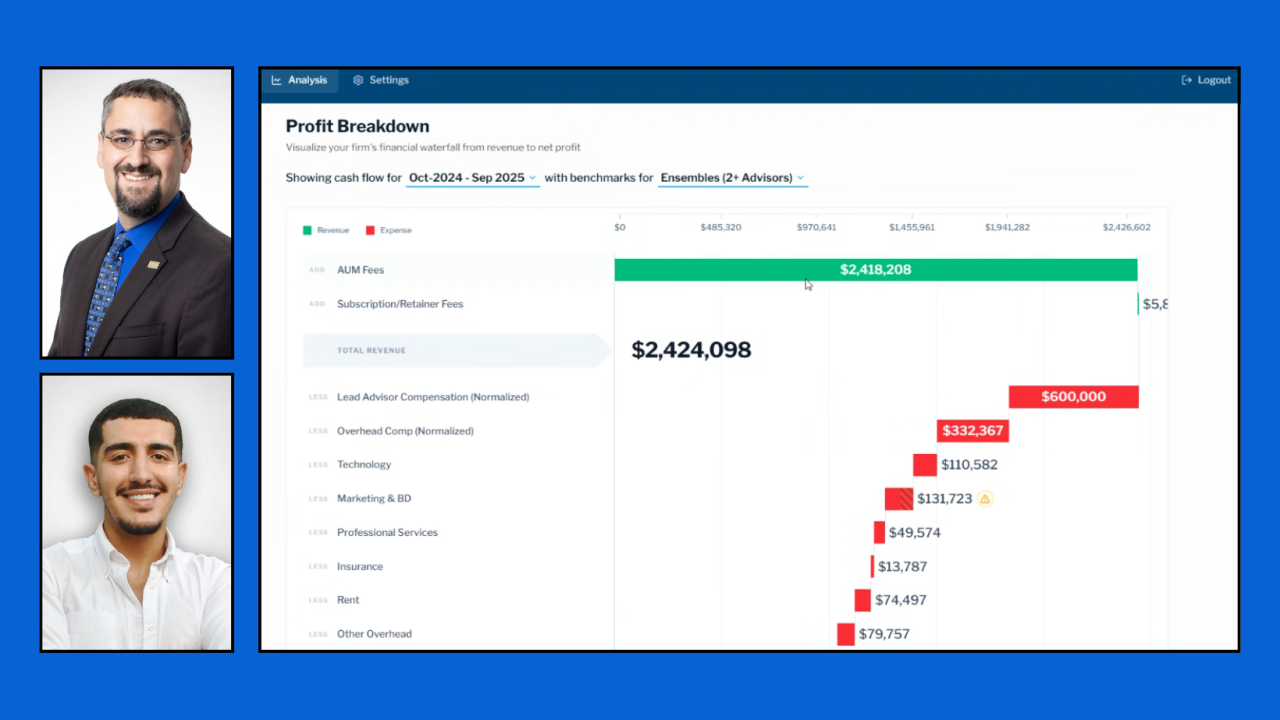One of the biggest hurdles advisors must overcome in our industry today is having confidence in the value they bring to the table.
If youre not completely comfortable with how you position yourself and the way you communicate your value, its time to rethink your approach. Clients and prospects alike sense uncertainty and recognize when you dont believe in your own message. Establishing a strong opinion and exuding confidence require digging a little deeper.
So what can we do to improve our effectiveness? Here are a few tips to help boost your confidence and improve how you communicate your value proposition:
1. It starts with integrity. Integrity is all about having consistency among your beliefs, values, standards and actions. Each time we act in a way that contradicts these, we lose respect. But if we act according to our beliefs, values and standards, decisions tend to be easier because we make them with our integrity in mind even if the results are not for what we had hoped.
While success can breed success, failure does not have to define us or destroy us, as long as we act with our values in mind. Advisors need to learn, grow and carry on, adjusting their business and marketing plans the same way they adjust their clients financial and investment plans, measuring results as part of an ongoing process that never stagnates.
2. Competence leads to confidence. I often talk about the importance of having substance with sizzle. Competence plays a huge role in providing substance to your clients. Without it, you can bring in all the clients in the world and have just as many leaving out the back door, making it impossible to grow your business in a meaningful way.
Being competent doesnt necessarily mean knowing it all. It simply means you must know where to find the information. Be a librarian, not a library. The more you show your clients you are a trusted source, the more assurance they have in your firms ability to manage their assets leading to a more confident you.
3. Showcase your expertise. Positioning yourself as an expert is beneficial in many ways, but here are two specific ones: it establishes trust and draws in the type of clientele you want to work with.
Whats more, it can empower and motivate you to expand your marketing efforts in new directions, approaching larger clients than you have in the past. But for those marketing efforts to be effective and sustainable, you cannot simply mask poor self-esteem with newly acquired skills. Own your newfound expertise and use it as a way to better serve clients.
4. Fine tune your value proposition Success is a state of mind. Once you understand the connection between who you are now and the type of advisor you want to become, its time to create a plan of attack. Start with a review of your value proposition. To my point earlier, advisors must take a hard look at why they are unique and determine where they can make improvements for their current and future clients. A solid value proposition increases your self-confidence allowing you to approach A+ clients without straining and without doubt.
Why is taking a stand important to your business? In two words: more referrals. The primary reason advisors dont feel comfortable asking for referrals is because they subconsciously dont feel worthy of the business. The root of this uncertainty is a lack of confidence in their message and by extension, a shaky value proposition.
Many advisors admit that they dont feel fully confident in the value they bring to the table, but in fact, theres never been a greater opportunity to show it. As the thinker Thomas Carlyle once said, Conviction is worthless unless it is converted into conduct. So take the tips and tools here and make them a part of your practice.
Ron Carson is the founder and CEO of
Read more:





